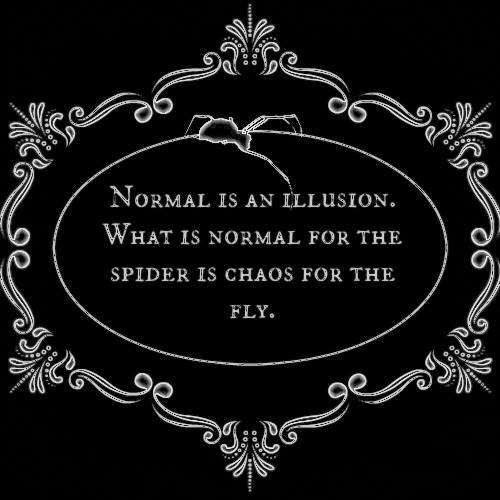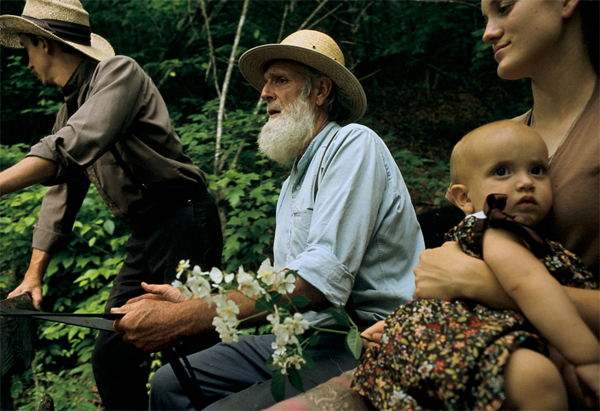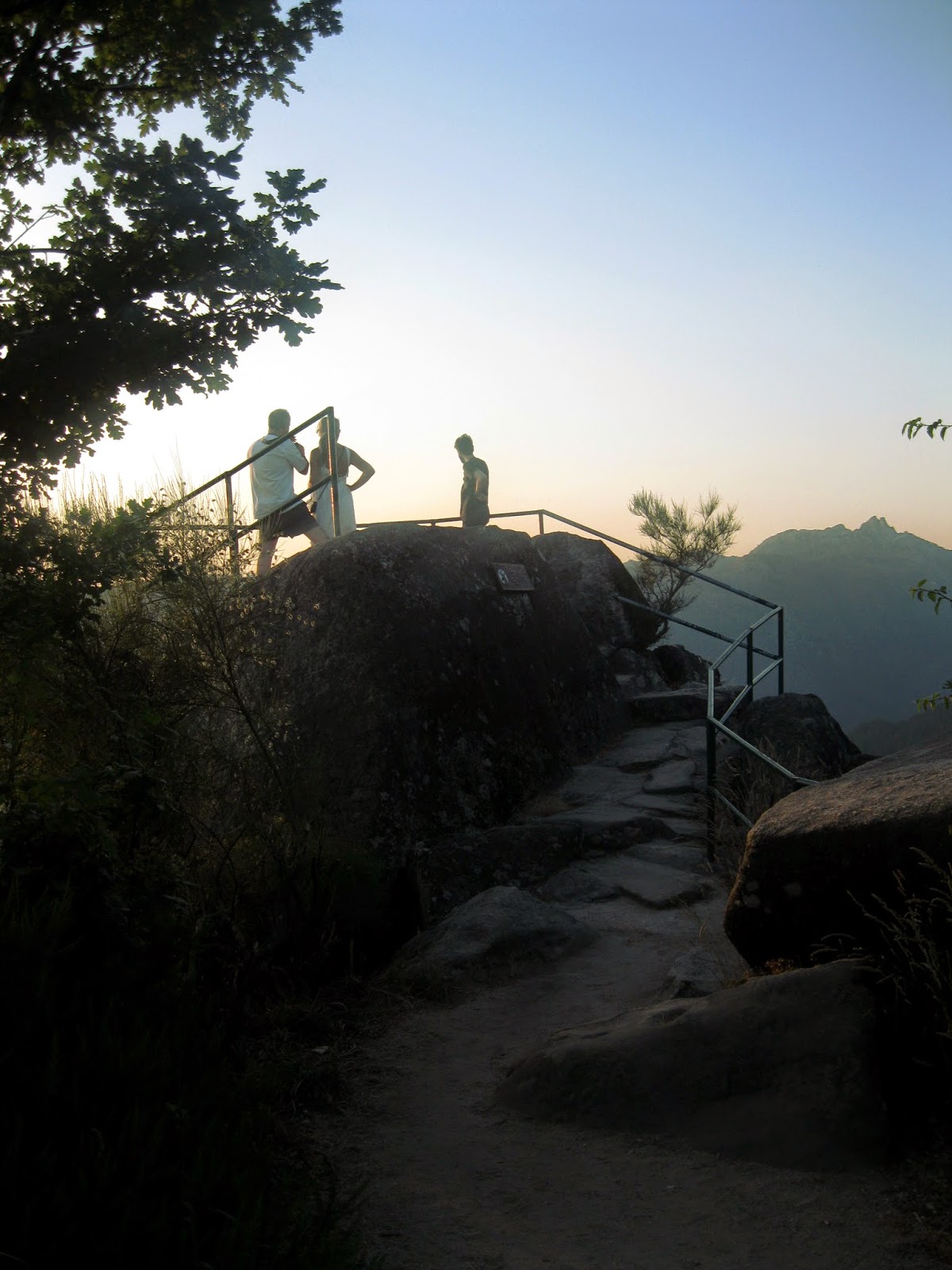Transcendentalism
Transcendentalism is a philosophical movement that was developed during the late 1820s and 1830s. Emerson was the founder of the movement. As many movements around the world, transcendentalists had a club, (where Nathaniel Hawthorne and Walt Whitman were present literary figures) and a magazine called “The Dial”.
In class we have focused particularly on
two transcendentalists: Ralph Waldo Emerson and Henry David Thoreau. Both
believed in the mystical power of Nature, which led Emerson to write about it
and defend our unity with Nature; while Thoreau tried to prove the
transcendentalists theory by having the experience of living in the wild. They
expressed American ideals such as individualism, self-reliance and
non-conformity. They believed in the individual’s unlimited capacity, which we
can relate to Benjamin Franklin’s great influence on the concept of
“self-made-man”. They criticized government, organized religion, laws, and social institutions since it deformed independent thinking. Although they did not make any practical changes, they were supporters of women’s rights, abolition, reform and education.
The core belief of this
movement was the concept of Over-Soul, meaning the unity between God, Nature
and Humanity. The concept of Over-Soul
gave attention to our faculty of Intuition.
Individualism is another concept of the movement in the sense that the
individual is the spiritual centre of the universe and by focusing on the
premise that all knowledge begins with self-knowledge. Emerson, therefore,
points out how important it is for one to know oneself, to trust oneself and one’s
intuitions rather than trusting other peoples beliefs and only receiving
knowledge through tuition. Emerson believes that truth lies within ourselves.
Taking this in consideration, he sees imitation and consistency as something
which would only limit ourselves more, stating that “a foolish consistency is
the hobgoblin of little minds”.
It is somewhat
relevant to emphasise that by being against conformity, Emerson is not saying people
should be against everything that is perceived as the norm, but rather to
question it before adopting and believing in it.
Opposing Benjamin Franklin’s pure
rationalism, Emerson believed that in Nature people could achieve spiritual
power, along with his belief in human intuition.
Personal point of view:
First of all, Ralph Waldo Emerson writes
about a great majority of topics that I have been interested in for a long
time: Nature, self-reliance, individualism, the human soul/spirituality,
solitude, the questioning of society and the awareness through our own personal
power. For a couple of years now, I’ve been questioning myself, others, society
and my own beliefs. It is a huge struggle. More than ever, I want to live a
life which I believe in and in which I experience the most I can. These are
some of the reasons why I liked Emerson so much. Before Emerson, I was
lingering more on the pessimist side of being alone and independent. I often
searched for provocative and dark texts/authors like Nietzsche, Charles
Bukowski and Raul Brandão. But Emerson has another way of criticizing - he has
a completely different tone which is equally amazing to me, although I’ve
always had a weak spot for darker aspects of life and portraying it.
What intrigued me about “Self Reliance”
is the fact that it is so contemporary. If back than it was already important to trust
yourself, nowadays I find it even more important and even more of a challenge. As
Danielle LaPorte said: “Can you remember who you were, before the world told
you who you should be?”. When I read
this quote I had a big struggle in my mind.
Nowadays we have the media who
fills our mind with concepts of how we should be, act, dress, eat and
understand the world and people around us. The media can be an even more
dangerous tool than any religious group because it is so soft in its ways and
often not taken serious enough by those who do not find the media so
influential. But it is, at least in my opinion. Never before had the world so
many problems regarding eating disorders, which start earlier and earlier in
one’s life. Never before has beauty been given such importance and the most frightening
about it, is what is considered to be beautiful or not. But more intriguing
than this is the way that people are more and more absorbed by technological
gadgets and not by nature’s wonders. These are topics that I have been thinking
about for a long time and I am glad to be so aware of these problems and sad to
see so many people falling into the social trap of what happiness is or not.
This brings me to Emerson’s optimistic view of people which I find pretty much
debatable. It is not explicitly stated but I think one can say that Emerson was
not a misanthropist. Thoreau too, believed in the individual. I used to link
myself with those who rather despised people and pointed out their faults as if
they have lost their hope in people. But whether Emerson and Thoreau were too
optimistic or not, their point is still nowadays valuable. Although in a
different manner to that of Nietzsche, for example, they also express the
importance of believing in what we think is right and not following the “flock”.
To be aware and to question ourselves will always be important, even if we have
to stand alone, go to prison or “take the road not taken”.
































.JPG)
.JPG)
.JPG)



.JPG)









